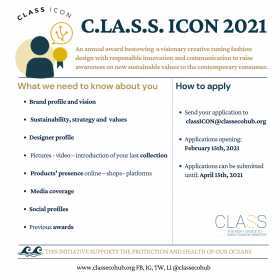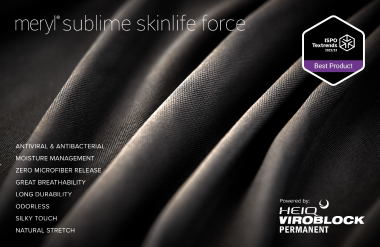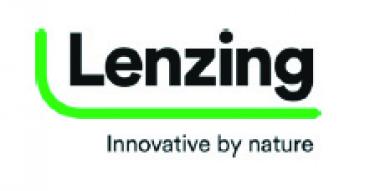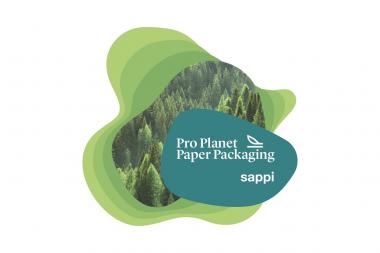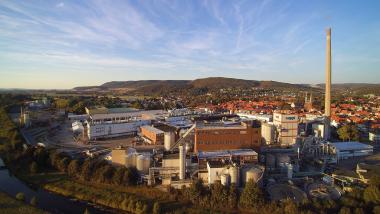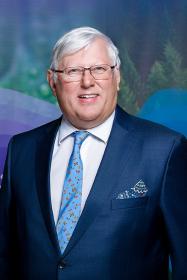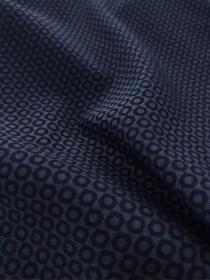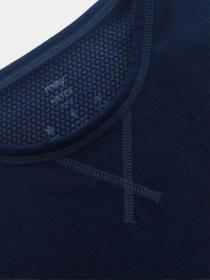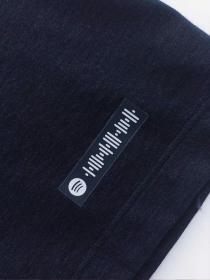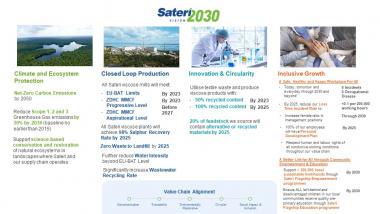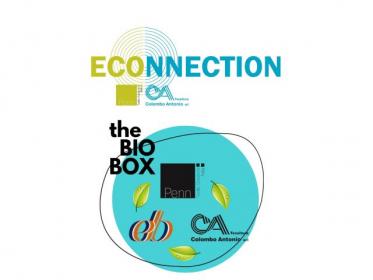ISKO unveils its 2022 Collection Vol.1
ISKO™, a leading denim ingredient brand, has applied its Responsible Innovation™ approach to create a collection with environmental and social responsibility at its heart. Incorporating clever technologies, a myriad of finishes and colors and state-of-the-art production techniques – ISKO works beyond compliance to ensure the highest standards have been met for its latest collection. Style, comfort and new advancements will inspire everyone from passionate denimheads to those on a quest for a comfortable look and feel – from the most laidback setting to the most extravagant occasions.
The collection uses ISKO R-TWO™ fabrics, made of a blend of reused and/or recycled resources. Certified to Textile Exchange environmental credentials, R-TWO ensures full traceability of reused and recycled content, maximizing impact at scale.
Collection 2022 Vol.1 includes four lifestyles, featuring comfort, style, color options and surprising new editions. These are meant to provide inspiration, highlighting and enhancing the properties and benefits of ISKO’s innovations according to specific moods and vibes.
menabo








